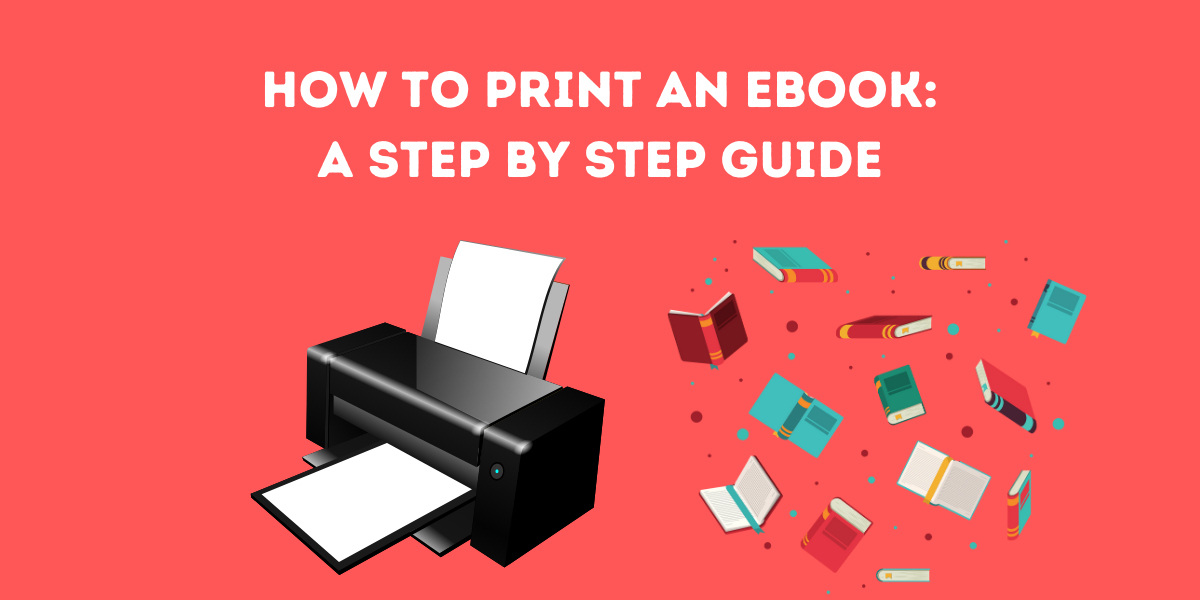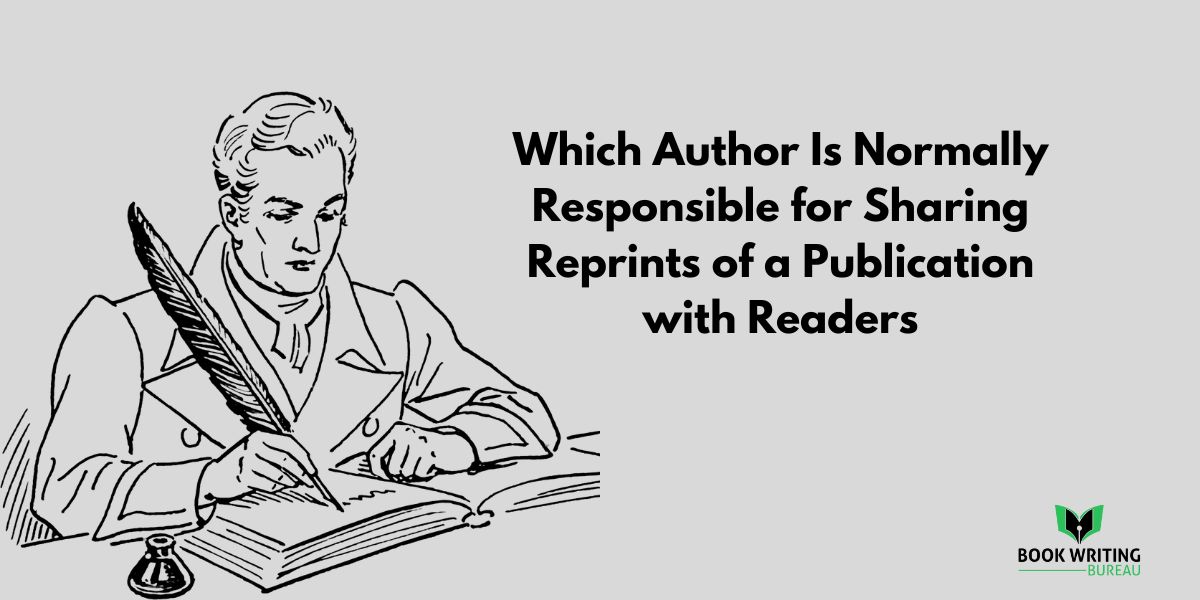
Author
Understanding the author’s purpose for writing a text is crucial to understanding their texts. Authors have specific reasons for writing, such as how they write and the company for book publishing.
However, when authors write, they often have two main purposes in mind: informing and persuading. The informative purpose is to give information or teach something to the readers. It’s like when you learn new things from a book.
The persuasive purpose, however, aims to convince or persuade readers to think or act a certain way. It’s similar to reading an advertisement and feeling persuaded to buy something.
These author’s purpose for writing a text affects how authors write and how readers connect with their writing. In this guide, we will be understanding these two factors in detail.
Factor 1: Informative Purpose
Writers use the informative purpose when they want to teach or explain things to readers. They write textbooks, news articles, and other things to share facts and knowledge.
For example, a biology textbook helps students understand biology concepts like how living things work.
Here is how you can write informative content as a article writer with resonates with your readers well.
-
Explaining Complex Ideas Simply
Imagine a science textbook on Amazon that explains how our bodies work or a news article describing important events happening in the world.
These kinds of writings aim to make complex things easy to understand for everyone. For instance, a book on history might explain events like wars or revolutions in a simple and clear way.
-
Making Reading Easy
When writers want to inform, they organize their writing neatly. They divide it into chapters or sections, like how different chapters in a book help readers follow the story.
This organization helps readers grasp the information without getting lost or confused.
-
Accuracy Matters
Authors who write to inform always check their facts. They want to ensure that what they’re sharing is true and accurate.
Sometimes, they use pictures, diagrams, or examples to help readers better understand the information they’re presenting.
-
Trusting Reliable Sources
To make their writing trustworthy, authors use information from trusted sources. This might include books written by experts, articles from well-known publications, or research findings from reliable studies.
Using these sources helps readers feel confident that the information they’re reading is reliable.
Factor 2: Persuasive Purpose
In contrast to informative writing, the persuasive purpose leads authors to influence their readers’ beliefs, opinions, or actions. Authors using this purpose strive to persuade their audience by presenting strong arguments, opinions, or viewpoints.
They aim to sway how people think or act through their writing.
Example:
Consider an advertisement persuading people to buy a new phone. The ad might emphasize the phone’s amazing features and benefits, convincing consumers it’s worth buying. This writing tries to persuade people to make a specific decision, such as purchasing a phone.
Here is how you can write for persuasive purposes:
-
Using Persuasive Language and Appeals
Authors adopt persuasive language, using emotional appeals and rhetorical devices to capture their readers’ attention.
For instance, they might use powerful words or emotional stories to strongly impact the readers’ feelings like Trails Carolina Horror Stories.
This emotional connection makes the readers more likely to agree with the author’s viewpoint or take the desired action.
-
Building a Compelling Argument
Authors writing persuasively structure their text to build a case or argument. They use convincing reasons and evidence to support their ideas.
This approach helps readers see things from the author’s perspective and convinces them to agree or act in a certain way.
-
Incorporating Persuasive Techniques
Authors use persuasive techniques to reinforce their message. These techniques may include repetition, appeals to authority or emotions, logical reasoning, or strong language to emphasize their point.
Authors use these techniques to make their writing more convincing and influential.
-
Impact and Intent
The persuasive purpose of writing aims to make readers see things from the author’s perspective or take specific actions.
Authors use their writing skills to influence opinions or Chatgpt prompt readers to respond in a particular manner.
Interaction of Factors
Although the informative and persuasive purposes may seem different, they often come together in writing. Authors sometimes mix these purposes, especially in persuasive essays or feature articles. Here is how:
-
Combining Facts with Persuasion
Take, for example, a news article discussing a social issue. While the article informs readers about the problem, it subtly persuades them to see it from a particular viewpoint.
This blending of purposes helps writers engage readers effectively. By merging factual details with persuasive techniques, writers create a piece that informs and convinces readers simultaneously.
This combination is similar to an autobiography, where the writer shares personal experiences (like informative writing) while trying to convey a specific message or lesson (similar to persuasive writing).
Conclusion:
Understanding an author’s writing purpose involves recognizing the convergence of informative and persuasive factors and some authorship practices. Authors use these purposes to communicate their intentions effectively.
Identifying these dual factors enhances reading comprehension and enables readers to discern the underlying motives behind different texts.
Readers can navigate texts with greater insight by unraveling the intricate balance between informing and persuading. So, if you want to write a good text or even hire ghostwriters to write it for you, then in that case, you must know a good balance between these two factors.



